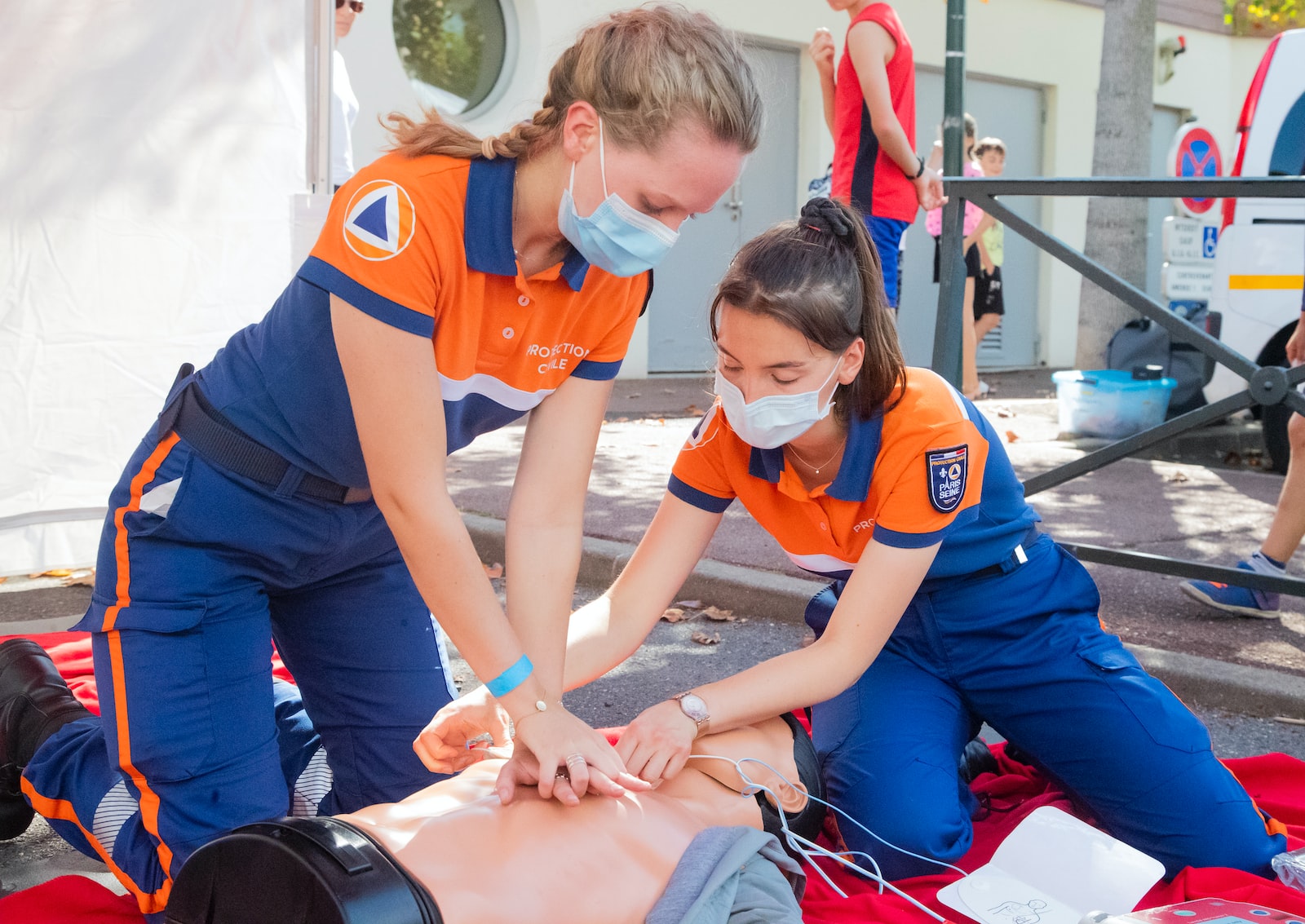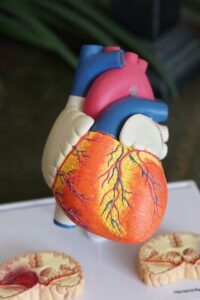![]()
For years, doctors have recommended a typical pharmaceutical regimen to prevent heart attack survivors avoid having another catastrophic cardiovascular episode. For the same amount of time, many patients have battled to keep up with all of these medicines.
According to the findings of a new clinical trial, the solution could be a “polypill” containing three of these commonly prescribed medications: aspirin to prevent clots that lead to heart attacks, an angiotensin-converting enzyme inhibitor (ACE inhibitor) to control blood pressure, and a cholesterol-lowering statin.
For the experiment, over 2,500 heart attack survivors were randomly allocated to either a three-drug polypill or a normal treatment regimen with equivalent drugs, each administered individually. According to recent research published in The New England Journal of Medicine, individuals using the polypill were 33 percent less likely to die of cardiovascular-related causes after three years of follow-up than persons taking a normal regimen of numerous daily tablets.
Researchers provided a straightforward explanation for why patients receiving the polypill had a greater chance of surviving. According to research leader Valentin Fuster, MD, Ph.D., director of Mount Sinai Heart and physician-in-chief of Mount Sinai Hospital in New York City, more participants took all of their prescribed drugs when they could do so by consuming a single tablet.
“Despite the fact that most patients initially adhere to therapy following an acute incident such as a [heart attack], adherence decreases off within the first few months,” Dr. Fuster explained. “Our objective was to have an impact straight away, and the majority of the patients in the research started taking a basic polypill in the first week after having a heart attack.”
People taking the polypill were 24 percent less likely to die from cardiovascular causes, have a nonfatal heart attack, have a nonfatal stroke, or have surgery to unblock a clogged coronary artery during the course of the research.
This was in a group that was predisposed to these consequences. A little more than half of the research participants had a history of smoking, 57% had diabetes, and 78% had high blood pressure.
Because all of the patients in the research were heart attack survivors, the findings are only relevant for secondary prevention — or action to avert a recurrence of heart attack or prevent other cardiovascular problems. The experiment did not look at whether the polypill can help those who haven’t had a heart attack but have risk factors like high blood pressure or high cholesterol.
Despite this, according to the American Heart Association, half of heart attack survivors do not take all of the drugs they require to avoid another life-threatening cardiovascular episode (AHA). According to the AHA, taking all of the medications advised after a heart attack might reduce the risk of heart-related mortality by up to 80%.
One research that adopted a more lenient approach to compliance with recommended treatment regimens looked at how many heart attack survivors took all of their prescription drugs at least four out of every five days. And just 43% of patients were successful. They were 19% less likely to suffer a recurrent heart attack, stroke, or other major cardiac problem if they did.
According to one research on medication compliance, many patients do not take medications as advised after a heart attack because they forget, don’t know what to do if they accidentally miss a dosage, or are ambivalent about taking the meds. Another study reveals that costs, as well as sadness, may play a role.
The polypill used in the experiment, known as Trinomia in Europe, is not available in the US. It comprises aspirin (100 milligrams, or mg), ramipril (2.5, 5, or 10 mg), and atorvastatin, a statin (20 or 40 mg).





